On a packet you will often see “natural flavour” listed. This sounds reassuring as if it’s just a natural ingredient like a drop of pure essential oil or fruit juice. However the truth of natural flavouring will surprise many people.
Flavourings are part and parcel of mass-produced food manufacturing. They make food taste better and in many circumstances more addictive. They’re also a handy way to increase profit margins as lower quality ingredients can be used and made to taste better with flavourings.
Many people feel reassured when seeing “natural flavourings” rather than “artificial flavourings” but this article will explain why more caution is needed.
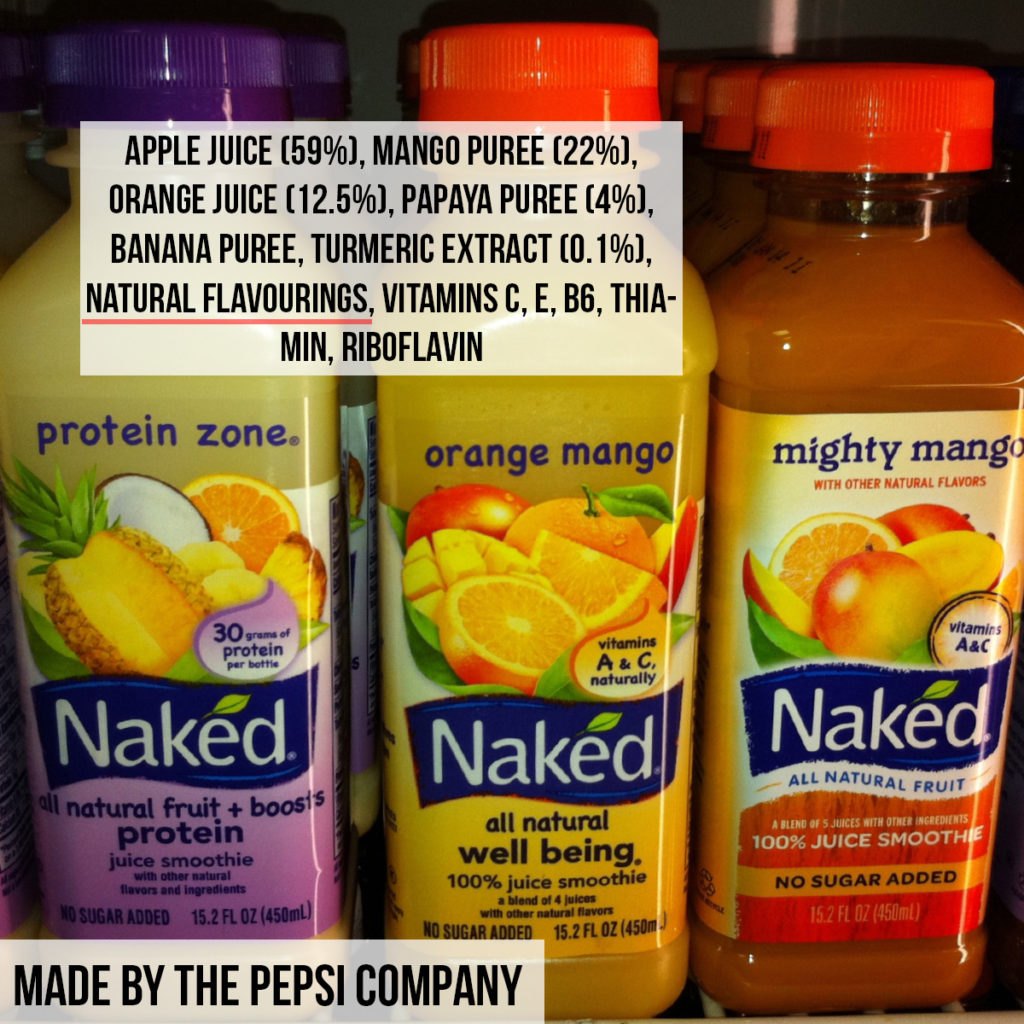
Naked juice by Pepsi that is all natural but contains flavourings
What Are “Natural Flavours”?
In it’s simplest term natural flavourings are something derived originally from natural plant or animal sources.
The FDA defines a natural flavour as:
“Something derived from a spice, fruit or fruit juice, vegetable or vegetable juice, edible yeast, herb, bark, bud, root, leaf or similar plant material, meat, fish, poultry, eggs, dairy products, or fermentation products thereof.”
While that may sound good the devil is always in the detail.
The lines are very blurred with modern food production and it’s not as binary as it may seem with a flavouring being either natural or artificial. Some additives that can legally be called natural in the US are required to be called artificial in EU countries as the EU rules are stricter.
Natural flavours do originate from a natural source however they are highly processed and contain many unlisted chemical ingredients.
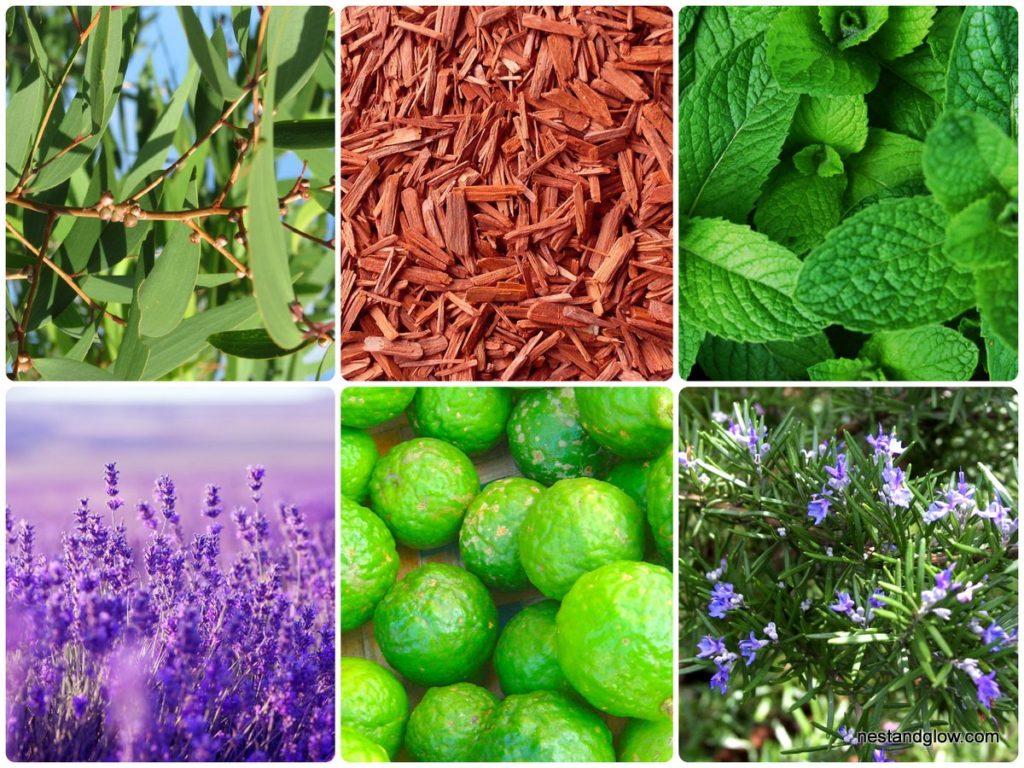
Hidden Ingredients In Natural Flavours
During the processing solvents, emulsifiers and preservatives are often used to extract and stabilise the natural flavour chemicals.
These are needed to manufacture the favour and won’t be listed as an ingredient. These additives makeup about 80-90% of the volume of the flavouring and anywhere between 50-100 unlisted ingredients.
The final amount of flavouring used in products is tiny, however these additives are present but not listed.
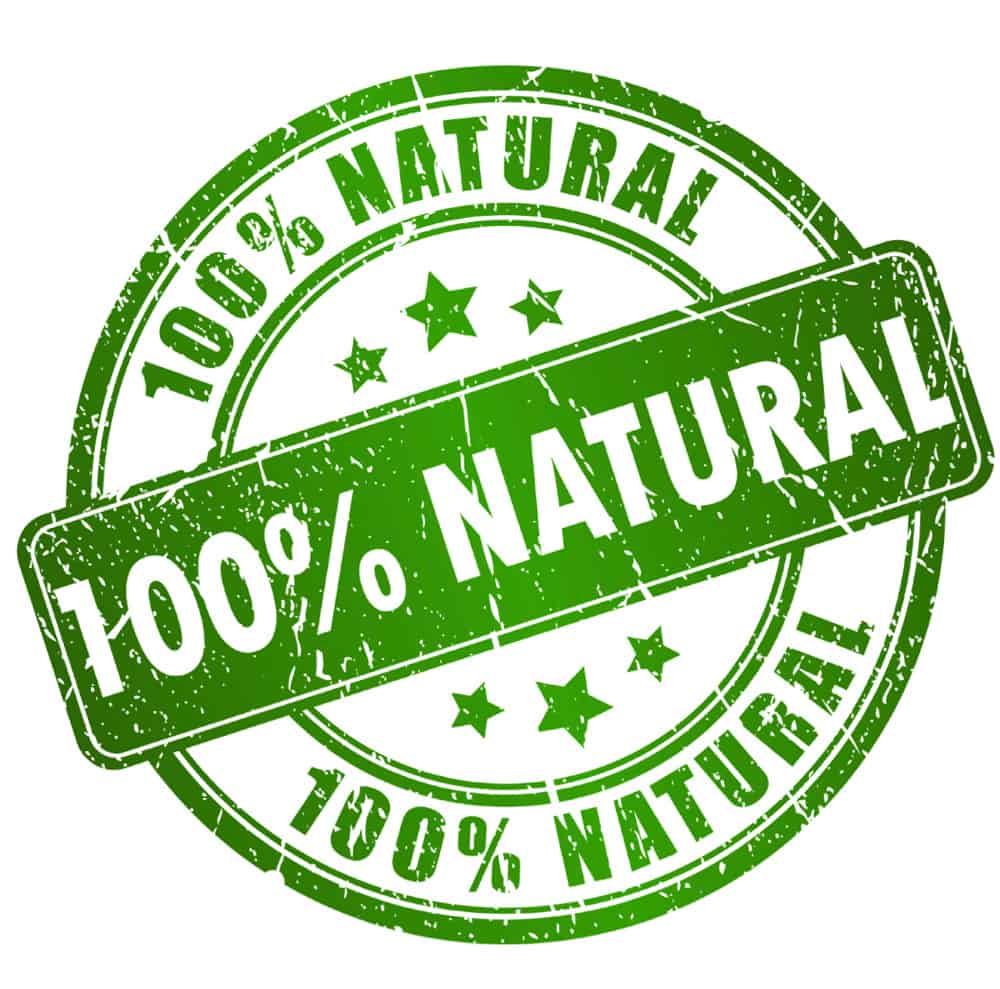
The Difference Between Artificial And Natural Flavours
The final product of flavouring in most cases isn’t actually that different regardless of if they are “natural” or artificial.
Artificial means that the flavouring is entirely human-made.
Natural flavouring do originate from a natural source but have been refined and enhanced in a lab.
The identical flavouring can be called either natural or artificial depending on the processing. Even if the final flavouring is chemically identical once all the refining and processing has taken place.
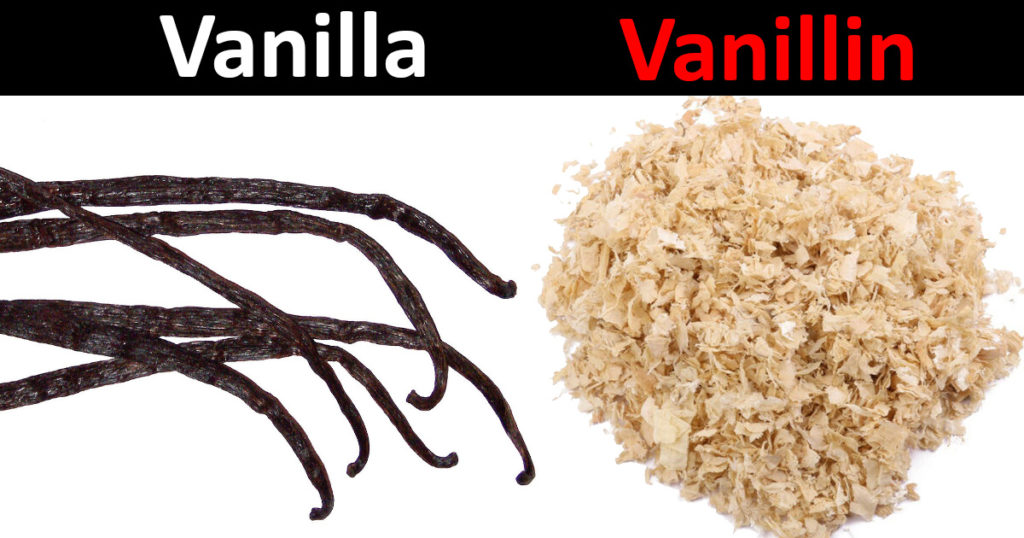
Natural Vanilla vs Vanillin
It’s easy to look on the back of a packet and see vanillin and mistake it for vanilla.
Vanillin is a vanilla flavour that’s is extracted from wood pulp. It can be called natural vanilla if its made from wood rather than being synthesised from petrochemical compounds like artificial vanilla is.
Real vanilla does contain vanillin compounds, but it’s just one of many elements and natural wood pulp vanilla is missing the same depth of flavour.
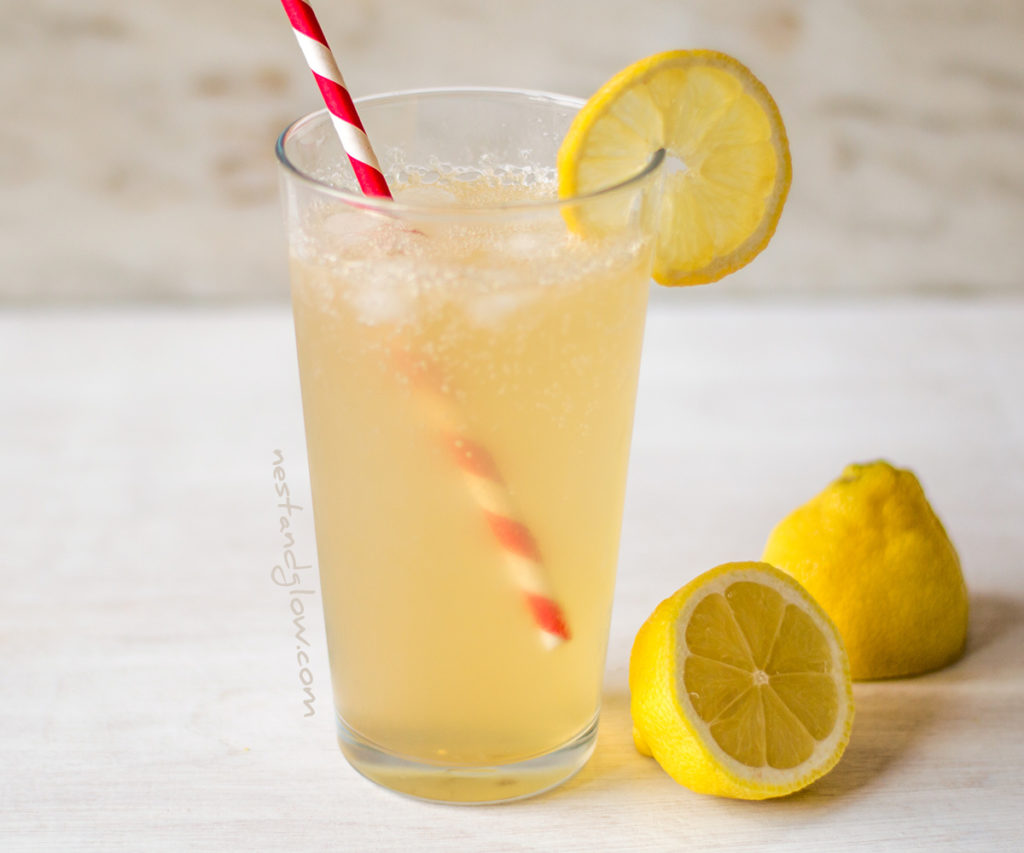
Not All Natural Flavours Are The Same
There are some natural flavours that call themselves organic compliant as they are GMO, pesticide and solvent free.
However these are more expensive and not often used. While they may contain less harmful added ingredients they are still made in a lab without full transparency of what they actually contain.
A manufacturer should be able to confirm if their natural flavours are organic.
As explored next organic natural flavours still may be harmful.
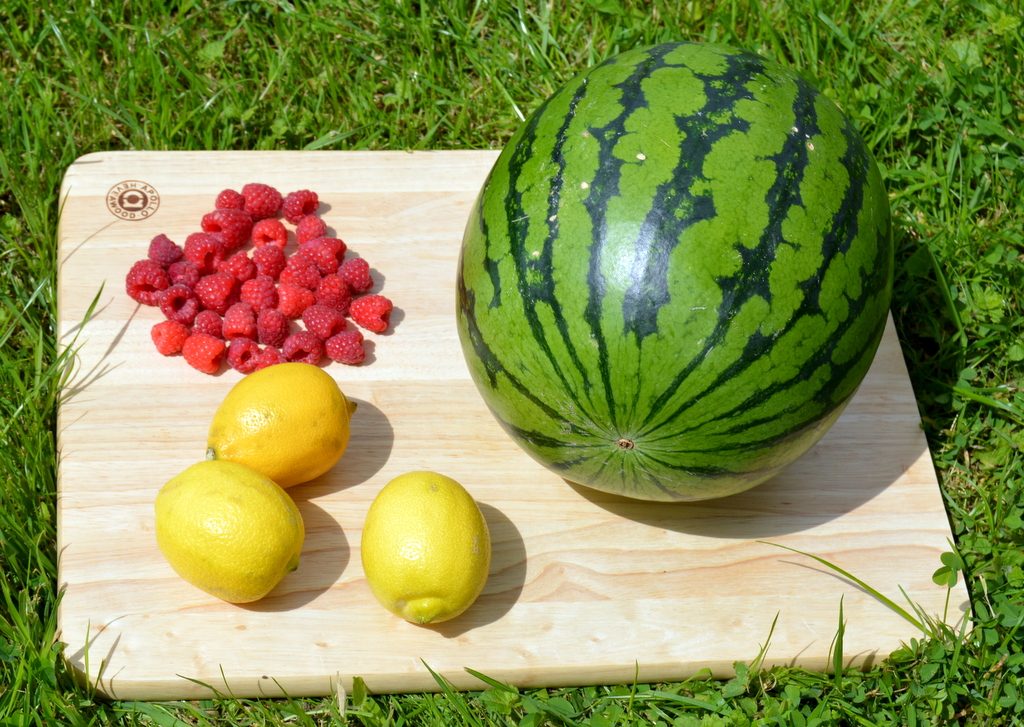
Are Natural Flavours Harmful For Health?
The final amount of the natural flavour in a portion of food is small and is difficult to link directly to health issues. Especially in the modern complex world where they present a tiny risk compared to other dangerous preventable things such as vehicle emissions.
But the problem I see with natural flavourings is people are often unaware of what they’re eating and there’s a lack of transparency. Most people see natural strawberry flavour listed and assume it’s just a bit of dried strawberries added when we now know this is misleading.
The real danger with natural flavourings is they make food addictive and unnaturally stimulate your taste buds. This makes overeating very easy and adjusts palates to a taste that isn’t found naturally in food. The overstimulating of tastebuds with added flavours may lead people to reject natural whole foods.
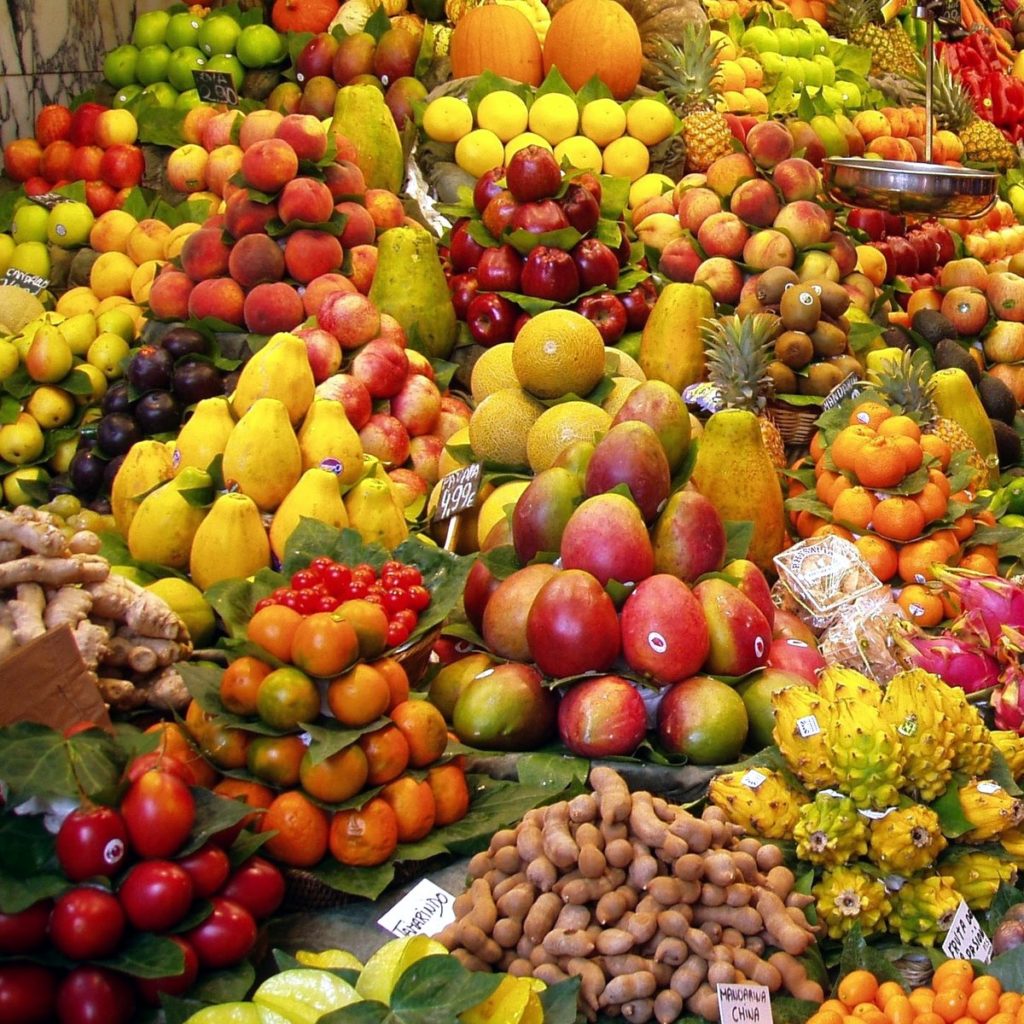
Summary On Natural Flavours And Health
The major problems with natural flavours are that they:
- Contain hidden solvents, emulsifiers and preservatives
- Are highly processed
- Mislead many people
- All the ingredients aren’t known
- May lead to weight gain and affect taste palates
- Are often very similar to artificial flavourings
While the final amount of natural flavourings in a food is tiny people should be aware that they aren’t considered a healthy ingredient. If you have lots of factory made foods the number of flavourings consumed will quickly add up.
As always the best advice is to eat a diet high in whole foods that are minimally processed and natural flavourings aren’t either of these.
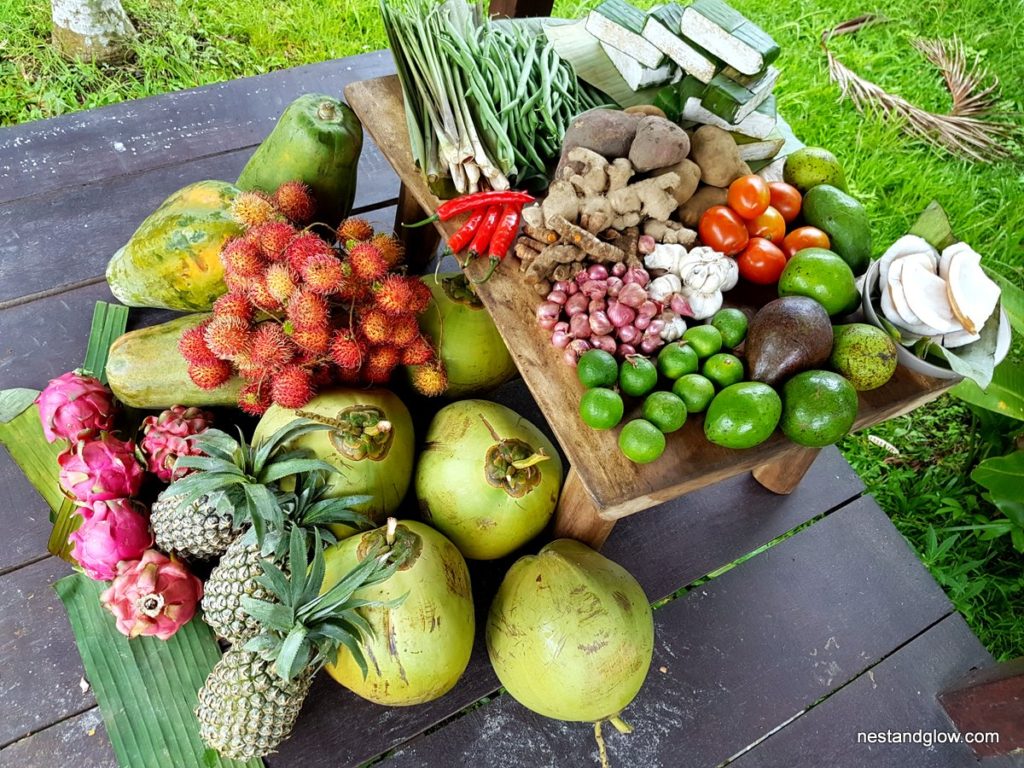
Notes From The Author
Once a housemate bought be some “natural blueberry flavoured goji berries”. This was a good 15 years ago when goji berries were all the rage. While they may have been using a natural blueberry flavour this one ingredient could easily have had 100+ hidden ingredients. They gave me a headache and sadly did end up in the bin. I can’t find a photo online, but trust me blueberry flavoured goji berries with added sugar were a “healthy snack” product at the turn of the millennium!
Do let me know in the comments below what you think about this article on the health of natural flavourings. I’m not trying to spoil all foods and make life difficult. Just aiming to increase knowledge so you can make an informed choice. I occasionally have a nut and fruit raw bar that has natural flavours but I’m aware it isn’t as healthy as it looks. Just like when I make a choice to walk somewhere along a busy road I weigh up the risks of the toxic vehicle emissions.
My issue with natural flavours is the name and branding of products hoodwinks people into believing they’re something they aren’t. Power is knowledge and please do share this article if you found it useful and I look forward to reading your feedback.
I’m aware that the publish date of this is April the 1st but this sadly isn’t a joke and natural flavourings aren’t healthy!

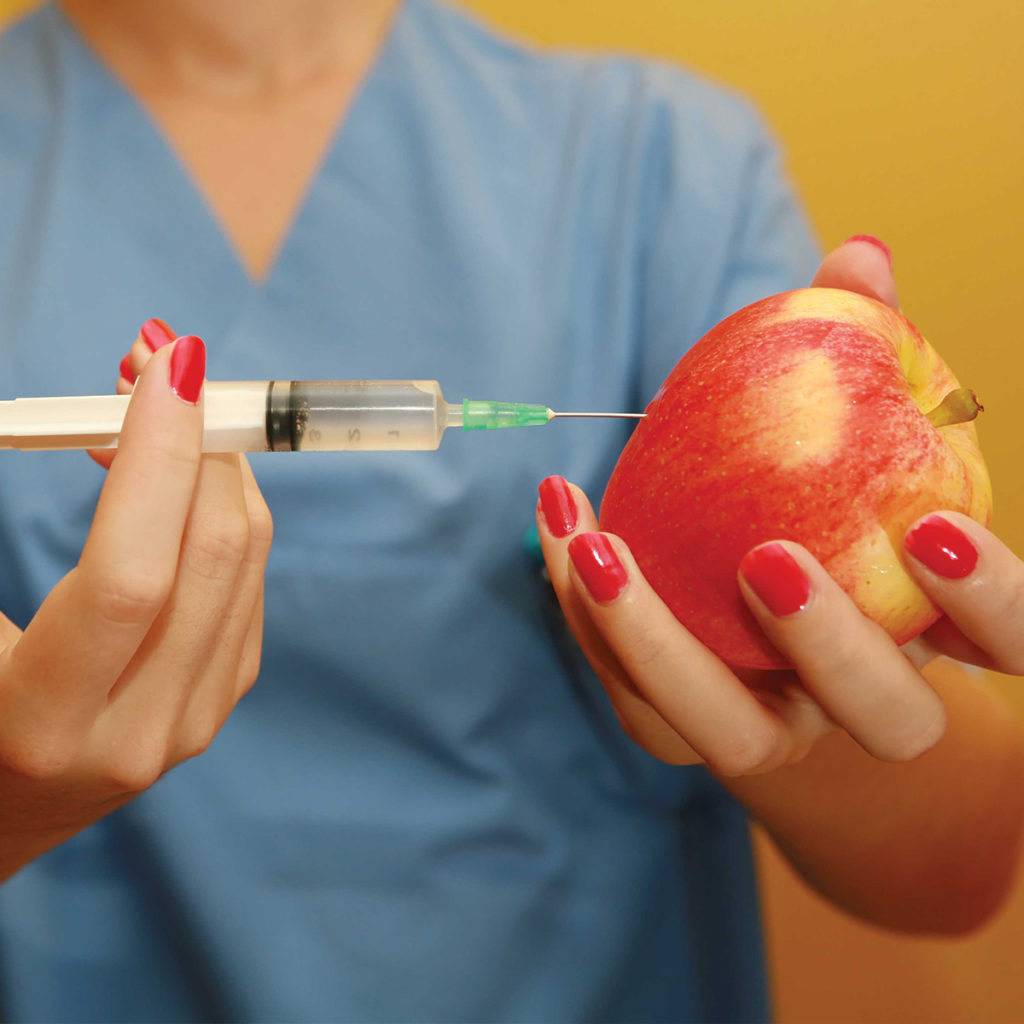
Totally agree with the article. I personally already knew about this so I avoid flavourings of any sort as it’s a con. The word “natural” is there for a reason and a clever reason for that matter, so people believe it comes from nature so it’s not artificial. Really misleading.
Thanks Isabel, totally agree – the whole point of this article is just how misleading “natural” is on labels.
Thanks for sharing the truth, everyone needs to know this.
Thank You. I am very sensitive to the chemicals used in food. It takes a ridiculously small amount to get a reaction. I always wondered about the ingredients of natural flavorings.
Artifcial food colours and some preservatives are the worst culprits. I was 36 before I discovered I had been a hyperactive child and adult.
I shall treat the natural flavours with more caution in future.
I used to buy organic orange juice until I read the ingredients and saw, non organic aromas, were listed, whatever they are.
It seems that non of our foods are really pure, unlisted ingredients being hidden in the food.
I have been caught out many times by them.
Hi Margaret, sorry to hear of your reactions – I also have similar to many foods.
I believe the aromas are similar to the flavourings. When they create a new flavouring lots of the work actually goes into the smell rather than the taste.
Sadly with processed foods there’s so many hidden things in there that it’s very very difficult to trust anything. Manufacturers are always lobbying for more additives that don’t need to be declared on labels and often seem in cahoots with the people making the rules. Hopefully sharing things like this helps to spread knowledge.
Loved your article, it was very informative, thank you ?
Thanks, glad you found this useful on natural flavourings
This article reads like fear mongering garbage – using buzz words that set off the wholefooders like “processed”, “preservatives” and “chemicals”.
Nothing wrong with the term natural flavours – though I agree, people need a better education around food and what labels mean.
For example a lot of people assume organic and spray-free is the same thing, when actually most organic food is heavily sprayed too.
Hi there, I really wouldn’t put my name to something that was misleading or sensational. I do see your concerns but I think using “processed”, “preservatives” and “chemicals” is all pretty valid when describing the natural flavourings world. Many are under the impression that something like natural vanilla is just some dried powdered vanilla when it contains a lot more than that and doesn’t come from vanilla. I’m hoping to spread some knowledge and awareness to help people make informed choices 🙂
What you just mentioned is so important. I am sure that many of those hidden ingredients like solvents are actually toxic compounds and damages our liver cells because almost all of them end up there. One more reason not to consume any food with a brandname! Thank you so much for this informative article.
The FDA is letting us down and caving to big manufacturers for greed. In Europe many of these “natural flavours “ are banned. Check out the “Food Babe”—-she exposes companies by getting massive amounts of people to petition companies to stop using harmful hidden ingredients. It’s up to us—the consumers-—to do something because clearly the government agency whose purpose is to monitor our food supply and protect us is not doing so.
I was trying new oat milk products last week and wondered what ‘natural flavorings’ meant. I avoided that one but now I feel more informed. I felt like- hmmm- why would they use that term and not just say what those flavors are? Thank you!
Really interesting and informative. I was totally unaware of this as obviously haven’t thought deep enough about it! Thank you
It’s palates, not pallets.
Ah thanks, I’m dyslexic but try my best 🙂
Very helpful to consumers.Pure natural is what you planted yourself and used natural manure as fertilizer.You ate fresh and never stored thus no pesticides is used.What you buy be careful to avoid toxic food.If fresh vegetables washing in salted water is healthier than saladwash.Buyer beware.